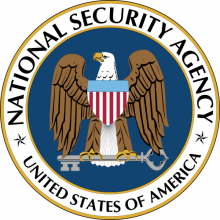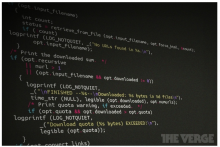Dangerous Ruling In Germany Makes Domain Registrar Liable For Copyright Infringement On Website It Registered
We already find the concept of "secondary liability" when it comes to copyright troubling enough. It's worrisome when a third party who had no direct involvement in the actual infringement can be blamed for it. Yet, in the legacy entertainment industry's insane infatuation with stopping all infringement, they keep going further up the chain, past secondary liability into tertiary or possibly even quaternary liability -- blaming those further and further removed from the actual infringement.












































































